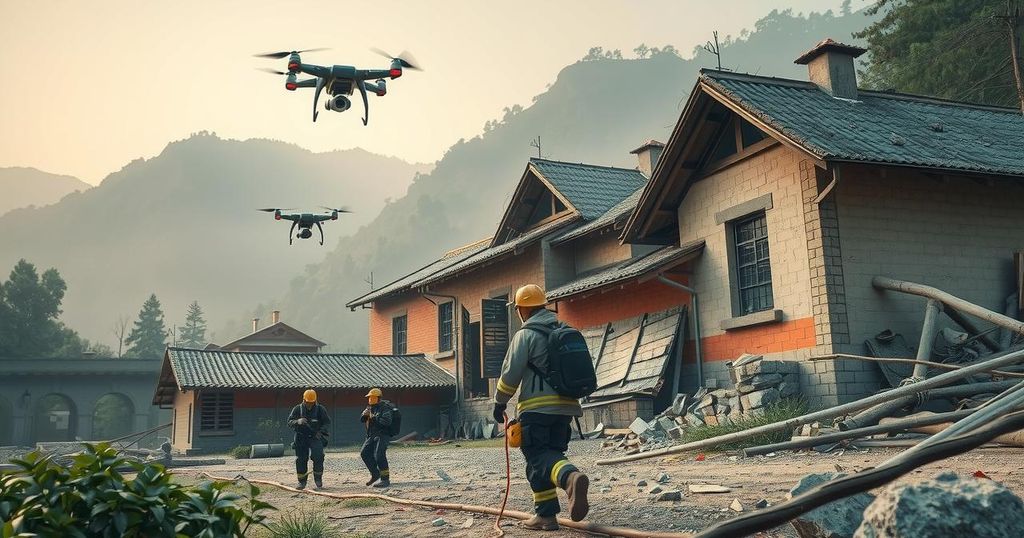Global Political Developments: Elections and Challenges
In Brazil, mayors were elected in 5,518 towns, with a follow-up election due in São Paulo. North Korea’s diplomatic ties with China show signs of strain. Tunisia’s voter turnout fell drastically during presidential elections. Mexico saw the assassination of a mayor shortly after taking office, and U.S. adult film stars are campaigning against proposed pornography bans by Republicans.
On Sunday, Brazil conducted local elections in which mayors were elected across 5,518 cities and towns; a second round of voting is scheduled for October 27 in 51 additional locations, including São Paulo, due to no candidate achieving the required majority in the first round. Notably, although much of the media coverage has focused on the success of center-right candidates associated with former President Jair Bolsonaro, trends indicate that incumbents from various political spectrums generally performed well. In North Korea, the recent 75th commemoration of diplomatic relations with China was characterized by a notable absence of grand celebrations, suggesting potential strains in their bilateral relations. Observers speculate that this cooling may be linked to North Korea’s strengthening ties with Russia under President Vladimir Putin. In Tunisia, President Kais Saied appears to be on track for a significant electoral victory against an imprisoned opposition rival. However, reports indicate a drastic decline in voter turnout, plummeting from 49% in the 2019 runoff to merely 27.7% in the current elections, raising concerns about the state of democracy in the nation that ignited the Arab Spring. Tragically, in Chilpancingo, Guerrero, Mexico, Mayor Alejandro Arcos was assassinated just six days post-inauguration, highlighting the severe influence of drug gangs in the region which operations often lead to organized anti-government protests. Lastly, a coalition of 17 adult film stars commenced a $100,000 advertising initiative opposing Republican Project 2025, a Heritage Foundation policy recommendation aimed at prohibiting pornography and criminalizing its production. These advertisements will be prominently displayed on adult websites in swing states, reflecting the heightened political engagement within the adult entertainment sector.
The article provides an overview of significant political events occurring across Brazil, North Korea, Tunisia, Mexico, and the United States. In Brazil, local elections demonstrate shifting political allegiances and the competitiveness of various political factions. The commentary on North Korea’s celebrations for its diplomatic relations with China suggests a shift in alliances that could affect international relations in Northeast Asia. Tunisia’s low voter turnout reflects ongoing challenges to the democratic processes initiated during the Arab Spring. The assassination of a mayor in Mexico underscores the pervasive violence associated with drug cartels, while the campaign led by adult film stars in the U.S. speaks to intersecting issues of sexuality, politics, and policy direction within the Republican Party.
In conclusion, recent electoral outcomes and political events in Brazil, North Korea, Tunisia, Mexico, and the United States illustrate a diverse landscape of governance challenges and transformations. Brazil’s local elections reveal a complex political fabric with strong incumbency, North Korea’s diplomatic coolness raises questions about alliances, Tunisia’s declining civic engagement indicates a worrying trend for democracy, the unfortunate violence in Mexico highlights the challenges posed by organized crime, and the campaign by adult film stars reveals significant cultural and political intersections in the current landscape. These developments warrant careful observation as they may influence the sociopolitical climates of their respective regions in the future.
Original Source: www.gzeromedia.com








Post Comment